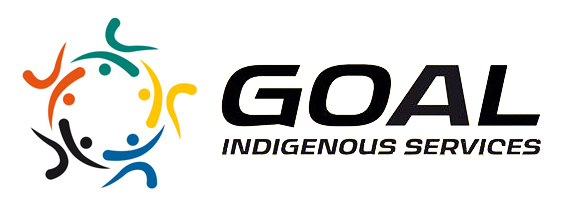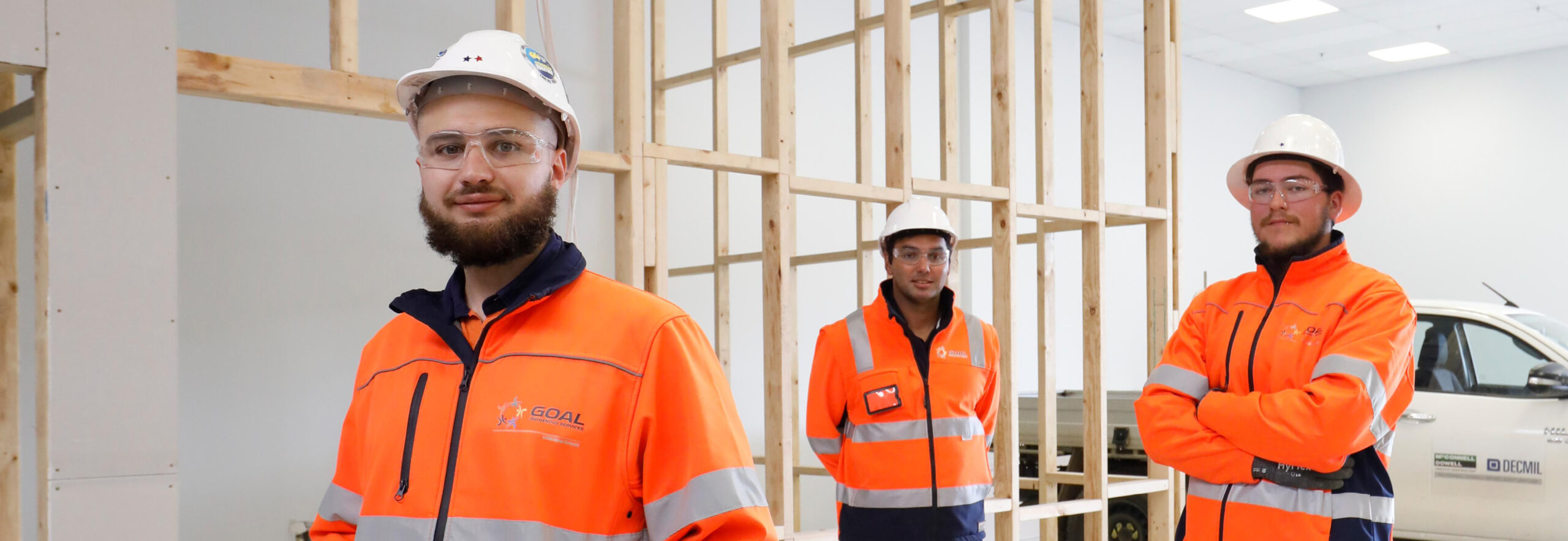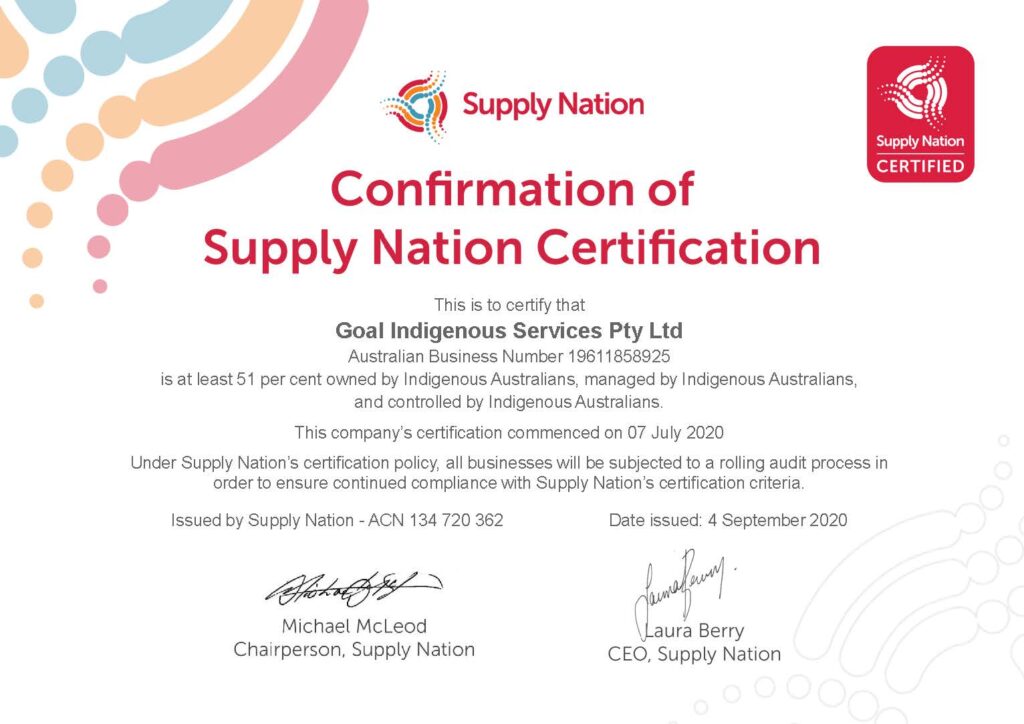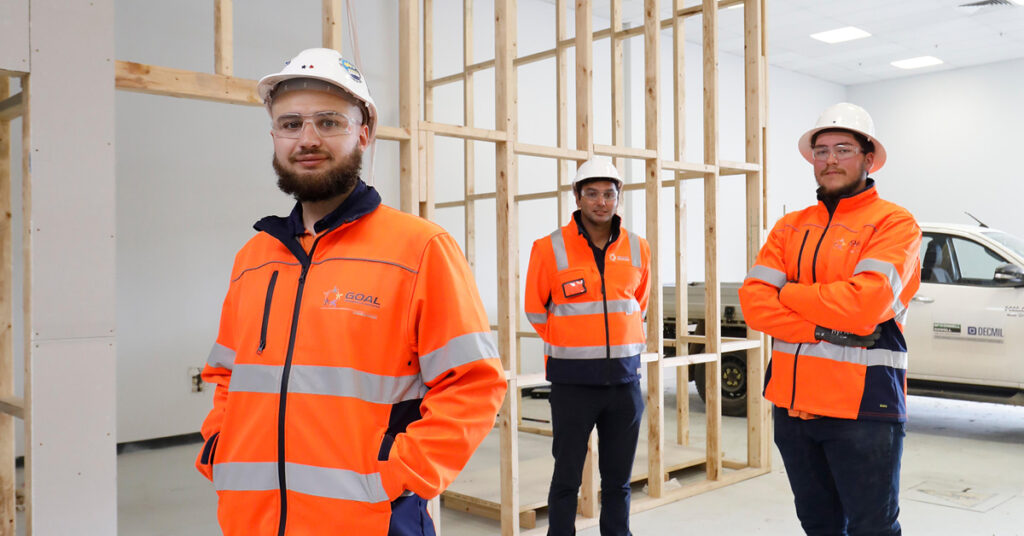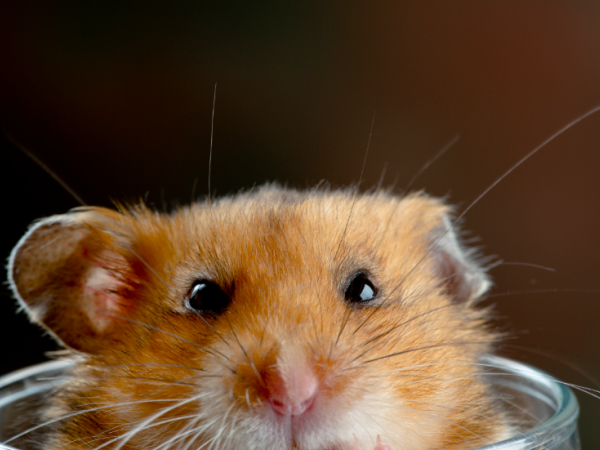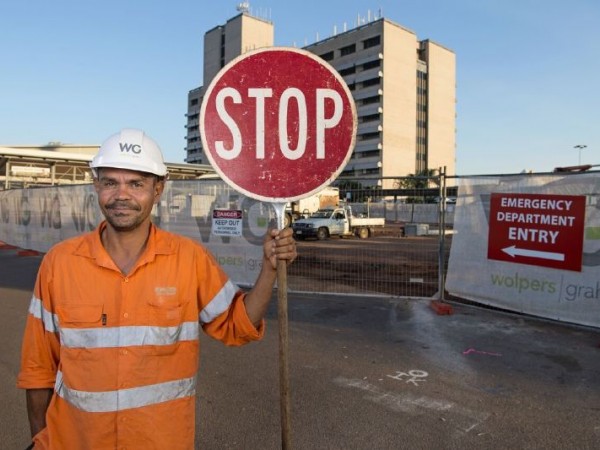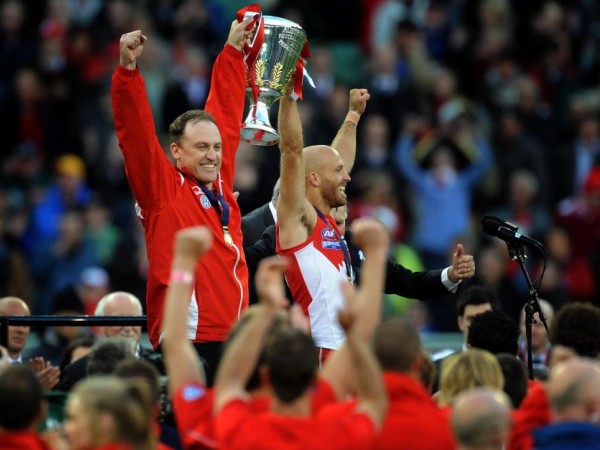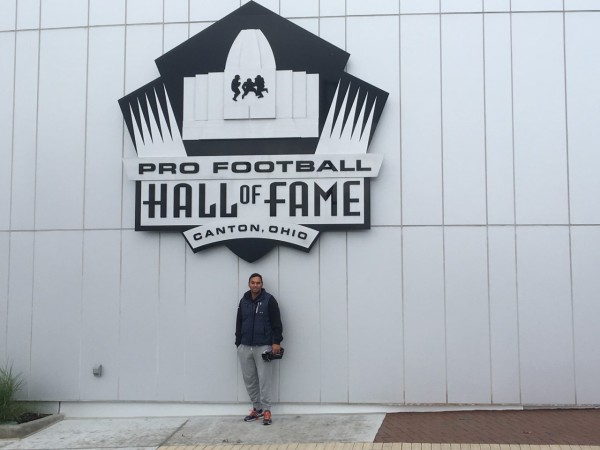Goal Indigenous Services and Stork Technical Services Australia are pleased to announce the launch of their Aboriginal and Torres Strait Islander NDT (Non-Destructive Testing) Traineeship program in Western Australia.
This program is believed to be the first of its kind, leading the way in Indigenous involvement and development for the NDT industry.
Goal Indigenous Services will recruit, mentor and support the trainees, with Stork providing the technical expertise and mentoring, along with an environment to grow and develop into qualified NDT professionals. The South Metropolitan TAFE is the assigned training facility providing a bespoke, tailor-made curriculum.
“Stork is delighted to kick off our Aboriginal and Torres Strait Islander traineeship program. We look forward to expanding this initiative throughout our operations” said Tony McAnulty, Stork’s Regional Director. “Delivering traineeships in the regions we operate in enables us to provide a great opportunity for a long and exciting career in Non-Destructive Testing for local Indigenous people. This aligns with our goal to be a socially responsible contributor in the local community and also aides in being a globally sustainable business.”
The program is up and running with its first two participants placed at separate Stork project sites.
“Our first trainee is working with Stork’s delivery team in Kwinana and our second trainee started this week on one of Storks new NDT & Heat Treatment contracts” stated Xavier Clarke, MD Goal Indigenous Services. “We are very excited to see this program take off and provide opportunities for the local Aboriginal and Torres Strait Islander community.”
Stork’s Kwinana Service Centre will deliver the traineeships and provide everything the trainees need to make the program and their careers a great success.
Upon completion of the program, the trainees will enter the workforce as fully qualified NDT technicians holding a Certificate III in Engineering along with 3 x NDT qualifications.
“The end goal is for the trainees to become fulltime Stork employees following completion of their traineeship and to continue working on site for our clients. We intend to continue the traineeship program, once the first candidates have completed their studies, with a second intake,” said Tony McAnulty, Storks Regional Director.
Stork Technical Services Australia provides Inspection, non-destructive testing, heat treatment and corrosion & Integrity services including blasting & painting, insulation and cladding, scaffolding, rope access and fireproofing across all of the major industry sectors involving project fabrication, manufacturing and site construction services. Major sectors include: Defence, Oil & Gas, Power Generation, Refining & Petrochemical and the Mining Sector.
Goal Indigenous Services recruits and supports Aboriginal and Torres Strait Islander peoples into long term, sustainable employment. With branches in most Australian cities, Goal has partnered with many large organisations and major works projects providing great employees and strong post-placement mentoring. Goal is majority-owned and managed by Xavier Clarke, a proud Larrakia and Amrreamo/Marritjavin man and former AFL Player.
For further information on the program contact: Ian Mitchell, imitchell@goalis.com.au or Richard Stocker, Richard.stocker@stork.com.
